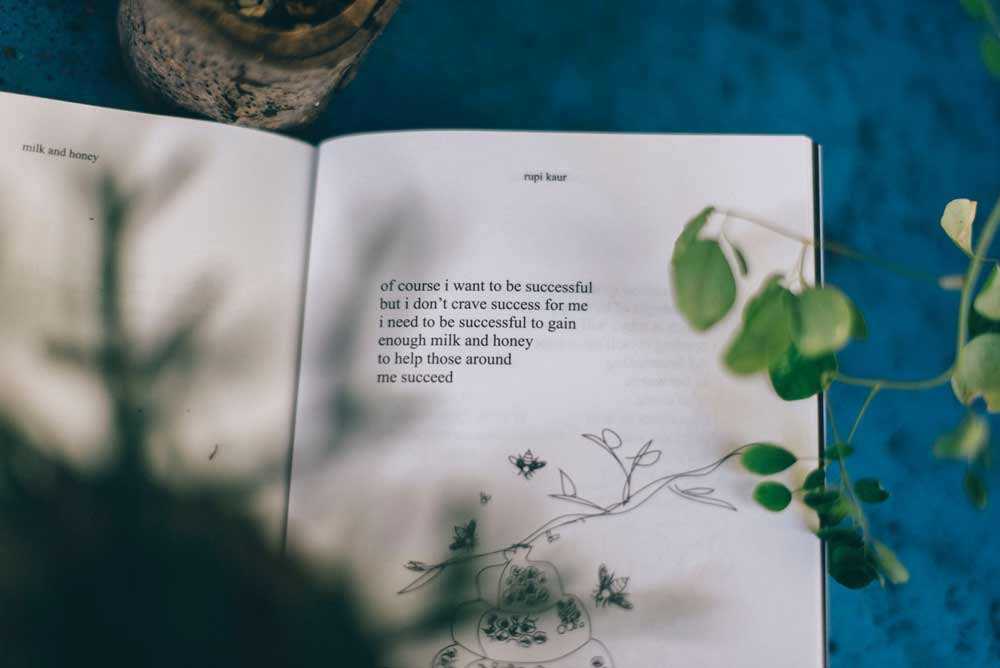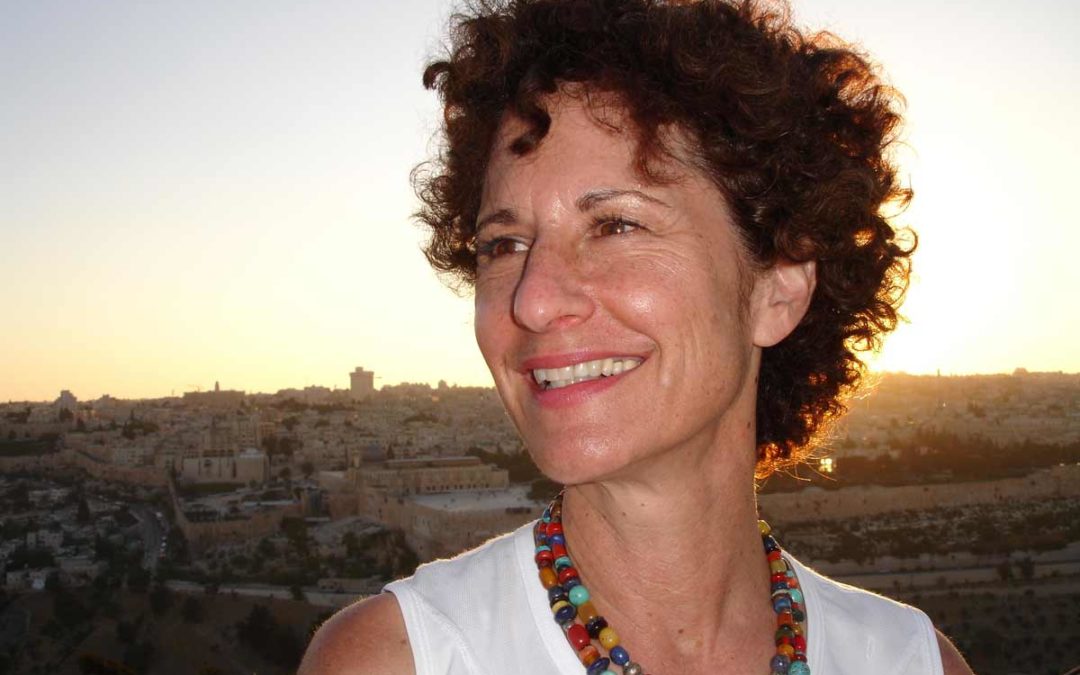
Poetry Is Contagious
Despite an explosion of helpful writing texts, audiences, and standards/assessments about the writing of poetry in high schools, students still greet their teacher’s “now we are going to write a poem” announcement with groans and rolling eyes. My students don’t always love the poetry we read and perform, but they really do enjoy writing it—although not on day one! I hear the same complaints that other teachers hear: “I could never write a poem” or “I’ve never liked poetry” or “I’m not good at rhyming.” Yet if you give teens frequent and varied opportunities to write, many models, a variety of forms and techniques, and most important, multiple audiences—they will become poets.
In the freshman year, I taught a four-week poetry unit that also included reading, discussing, and performing poetry. In addition, writing poetry became a pervasive part of my ninth-grade curriculum, beginning in September with an autobiographical effort and continuing in October with a fairy tale poem related to a literature unit on fairy tales. In November, I began The Unit. I always began teaching the writing of poetry with a few rules and expectations: no rhyming (although I lighten up about that later); lots of sensory, concrete detail; required brainstorming; evaluation criteria; and the promise of an audience, often one outside our school community.


Recent Comments